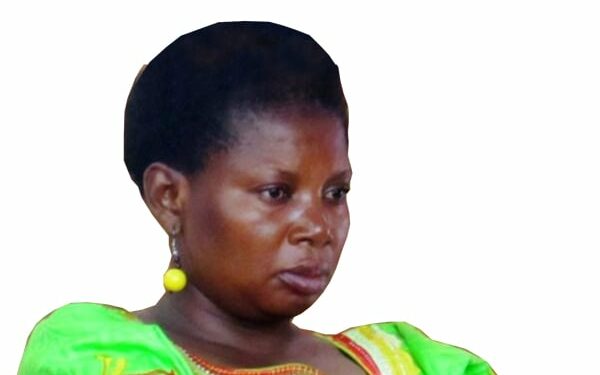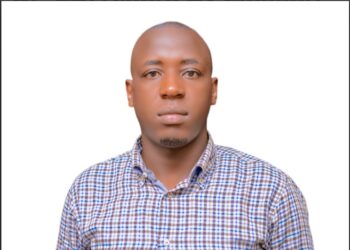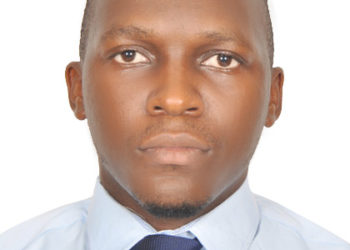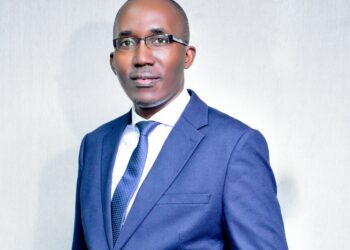Last week, Ugandans witnessed a dramatic and alarming turn of events when members of the Parliament publicly and provocatively urged the public to support corruption. This shocking display has left many Ugandans questioning the integrity and commitment of their elected representatives.
The controversy erupted following a stern warning from President Yoweri Museveni two weeks ago. In a bid to demonstrate his administration’s commitment to tackling corruption, President Museveni vowed to identify and arrest corrupt civil servants and politicians. True to his word, over the past fortnight, at least four Members of Parliament have been arrested on charges related to corruption.
Despite these arrests, the actions of some parliamentarians have been contradictory and troubling. Instead of supporting the President’s anti-corruption efforts, these lawmakers have seemingly taken a stance that undermines the fight against corruption.
They have made statements that appear to encourage the public to embrace and support corrupt practices, raising serious concerns about their motives and the message they are sending to the electorate.
The prosecution alleges that MPs Mutembule, Akamba and Namujju on May 13th 2024 at Hotel Africana in Kampala Solicited from Mariam Wangadya the Chairperson of the Uganda Human Rights Commission an undue advantage of 20 percent of the anticipated Budget of the UHRC for the Financial Year 2024/2025.
This was reportedly done by asserting that the MPs were able to exert influence over the decision-making of the Budget Committee of the Parliament of Uganda to increase the UHRC budget, in consideration of the said undue advantage.
We are yet to see their fate, however, the overwhelming and disgusting issue in all this wave of arresting the corrupt lawmakers was seen over the weekend during the launch of Bukoto West MP, Muhammad Ssentayi’s foundation in Katovu Town Council in Lwengo district when every political leader who stood to talk was rhetorically saying Namujju is corrupt but is your daughter, so let her be after all you also share on what she steals.
The worrying aspect is that the voters, who suffer the most because of such corrupt practices, seemed to agree with the statements made by these unscrupulous politicians.
“Whatever is happening in Kampala (allegations that Lwengo Woman MP, Cissy Namujju asked for 20 per cent of Uganda Human Rights Commission UHRC’s annual budget as a bribe to pass their budget) shouldn’t scare you. The storm will pass. We’ll come back here stronger to thank God when Cissy Namujju is released from prison. Just be strong!” Kasambya County MP Daudi Kabanda
who is also the secretary general for Patriotic League Uganda (PLU), a pressure group led by the First Son, Gen Muhoozi Kainerugaba.
“If indeed Lwengo Woman MP, Cissy Namujju asked for 20% of UHRCU’s annual budget as a bribe to pass their budget as she’s being accused of then she has been eating with her electorate in Lwengo, isn’t it? Please make a round of applause for her,” said Rakai Woman MP Kinyamatama.
“I visited Cissy Namujju, she is in good spirit, and soon is going to be with you, she going to be your Woman MP forever. The President has heard your cries when your child misbehaves you beat and go back and do the good thing. You are better off with a child who steals and brings back home!!” said the Speaker of Parliament Aneet Anita Among.
Combining the three speeches reminded me of the words of Kenyan Professor PLO Lumumba: the corrupt are canonized, and anti-corruption warriors are demonized.
In the vibrant tapestry of Uganda’s political landscape, Namujju and other arrested MPs stand as a poignant symbol of the complex struggle against corruption in Uganda. Her story is not just about one individual; it encapsulates the multifaceted challenges faced by those who dare to fight against the deeply entrenched systems of corruption that plague the country. As our daughter, Namujju’s corruption is not only a personal betrayal but also a societal malaise that demands our collective attention and action.
Corruption in Uganda, like in many African nations, is a pervasive issue that undermines development, perpetuates inequality, and erodes public trust in institutions. It is a thorn in the flesh for the brave fighters who risk their lives and careers to confront it.
Namujju, with her privileged position and access to power, represents a microcosm of the larger problem. Her actions, though reprehensible, are symptomatic of a broader, systemic issue that requires a comprehensive approach to address.
In many African societies, familial ties and social connections often complicate the fight against corruption. The adage “Namujju is corrupt but is our daughter, so let her be” reflects a deeply rooted cultural reluctance to hold our own accountable.
This familial leniency perpetuates a cycle of impunity, where personal connections and kinship override the principles of justice and accountability. It is a challenge that anti-corruption activists continually grapple with – balancing the demands of social cohesion with the imperatives of ethical governance.
The cost of corruption in Uganda is staggering. It siphons off resources that could be used for education, healthcare, and infrastructure, leaving ordinary citizens to bear the brunt of inadequate services and limited opportunities. Namujju’s corruption is not an isolated incident but part of a larger pattern that has devastating effects on the nation’s progress.
Every dollar embezzled is a dollar taken away from the fight against poverty and disease, from the empowerment of women and youth, and the creation of a more just and equitable society.
The fight against corruption cannot be left to a few brave individuals; it requires the collective effort of all citizens. It demands a shift in societal attitudes, where integrity is valued over loyalty, and the public good is prioritized over personal gain. Namujju, despite being our daughter, must be held accountable for her actions. Only then can we begin to break the cycle of impunity and build a culture of accountability.
Like in the words of PLO Lumumba, this brand of corruption survived the struggle for independence in many African countries and has since been nourished by the weak Institutions and leadership in post-colonial Africa. The Institutions were later emasculated to enhance the concentration of state power in the hands of cabals of politicians thus creating an environment not conducive to participatory democracy and the development of an expanded economic role of the state.
In Uganda greedy and corrupt people are celebrated becuse of ethnicity and the culprits have been left because the love for ethnicity is stronger than the love for National unity and Development.
Do you have a story in your community or an opinion to share with us: Email us at editorial@watchdoguganda.com













